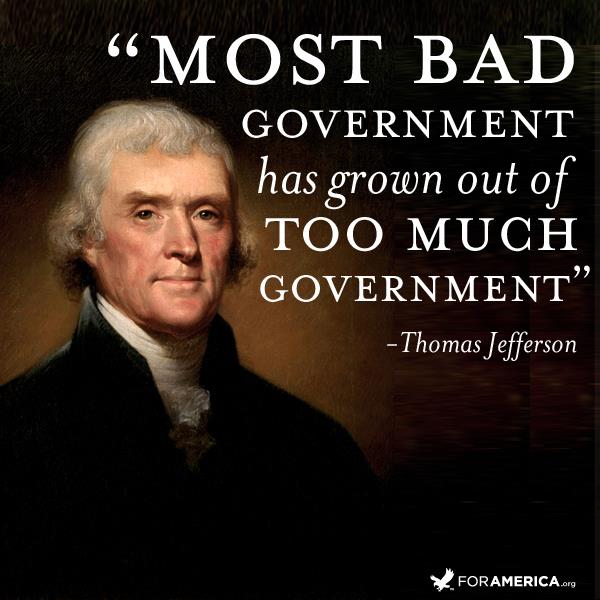Last week, InterVarsity Press stopped printing a new book on the Reformation due to a negative review of the book by Reformation scholar, Carl Trueman. The book pulled was by G.R. Evans and titled The Roots of the Reformation. Trueman uncovered multiple errors of fact and other misleading statements in the book which led IVP to make a decision to take the following action:
Therefore, as of the beginning of June, IVP has taken The Roots of the Reformation out of print and will no longer be shipping orders of this edition. Our goal is to publish a carefully revised second edition of the book by the end of August, in time for Fall semester classes. Further, IVP will offer a complimentary copy of the second edition, including free shipping, to everyone who has already purchased the current edition.
That is amazingly commendable of IVP. One fact based review and the publisher did an honorable thing. This action made me wonder when Thomas Nelson might do the same thing with David Barton’s The Jefferson Lies. How many reviews will it take? Before I list my own posts and link again to Getting Jefferson Right, let me list the reviews I have seen which have address The Jefferson Lies.
Wall Street Journal – “A Still Unsettling Founding Figure” by author Alan Pell Crawford. Crawford asserts:
But to claim, as Mr. Barton does, that Jefferson was “unpretentious, living and acting as the common person for whom he had sacrificed so much” lays it on a little thick. Such a description would have surprised Jefferson’s purchasing agents, through whom he ordered hundreds bottles of French and Italian wine annually, on credit.
Jefferson’s religious beliefs are central to Mr. Barton’s thesis, in the service of which straw men are consumed in bonfires.
and
A commitment to the notion that Jefferson promoted Christian orthodoxy leads Mr. Barton to misinterpret the early history of the University of Virginia.
and
Mr. Barton seems not know these facts, and he virtually ignores the cultural and theological world of the young Jefferson’s time and place—what it meant to grow up a scion of the Virginia gentry, a classically educated Anglican, and an intellectual whose attitudes toward church and state were informed by a knowledge of the religious wars that had scarred Europe little more than a century before.
In a scathing and extended review, humanities scholar Clay Jenkinson blasts The Jefferson Lies, detailing the many errors of fact in it. Jenkinson, who hosts a weekly radio program called The Jefferson Hour devoted a program to the critique and provides a must-read review on his blog. About the errors in the book, Jenkinson says:
Barton makes a large number of factual errors in the course of his book. It would be interesting to enumerate all of them, but it would be a tedious and thankless task, and the book is not sufficiently important in Jefferson studies to merit the scores of hours it would take to correct all of them. A few will suffice to show the level of historiography in The Jefferson Lies. Almost all historians make mistakes. The problem with Barton’s errors is that many of them seem to be deliberate distortions.
He summarizes by saying:
David Barton’s The Jefferson Lies is a dangerous book. Although some of the arguments Barton develops might have served as a corrective to the somewhat over-secularized portrait of Jefferson that has emerged in recent years, he greatly overstates his case, omits whatever does not fit his preconceived notions about Jefferson, distorts the truth, takes Jefferson’s pronouncements out of context, and lines up a series of straw men to cast down on behalf of his irresponsible claims.
So far, the reviews are far worse than what Trueman had to say about the IVP book. There are more.
Noted church historian Martin Marty was one of the first to review The Jefferson Lies, doing so on his Sightings page at the University of Chicago’s Divinity School. Marty wrote:
Reviewer Craig Ferhman (sic) in the Los Angeles Times found all that Barton found to be “outrageous fabrication.” On TV, Barton even said, with no evidence, that Jefferson gave a copy of his Jesus book to a missionary, to use “as you evangelize the Indians.” Had the Indians been converted with that text, their heirs would have had no place to go but to what became the humanist wing of the Unitarian-Universalist church.
Why does any of this matter? One, basic honesty is at issue; do American religionists need to invent such stories in order to prevail? Two, what if they did prevail? Most of the founders thought that religion was most honest and compelling when its leaders and gatherings did not depend upon lies about the state and, of course, upon the state itself. “Separation of church and state” is admittedly a complex issue, dealing as it does with inevitable conflict and messiness in a free and lively republic. May debates over it go on, but with honest references to Jefferson and his colleagues and not on the grounds David Barton proposes.
Then there are John Fea’s blog posts on The Jefferson Lies, parts one, two, three, four, five and six. John is chair of the history department at Messiah College and author of Was America Founded as a Christian Nation? None of these posts are positive about the book and they expose Barton’s misuse of history from the beginning. Fea also approvingly notes my post on Jefferson as a slave owner, where I document Barton’s selective quotation of Virginia law. We should also add Fea’s quotes about Barton’s approach to history in this Salon article.
In his review of Getting Jefferson Right, University of Colorado history professor Paul Harvey outlines some of the factual problems with The Jefferson Lies. At the same time, Harvey wonders if exposing the factual problems with Barton’s book will matter. I wonder that too. Thomas Nelson, will it matter?
Finally, I have exposed many of these problems on this blog and in my book with Michael Coulter. As one can see, we am not alone. Scholars, Christian and otherwise, have exposed the significant issues of fact and Barton’s tendentious approach to Jefferson. There are far more errors in The Jefferson Lies than Dr. Trueman found in The Roots of the Reformation. These errors have been exposed in significant publications and blogs for the world to see.
Thomas Nelson, how many reviews will it take for you to follow IVP’s lead?

